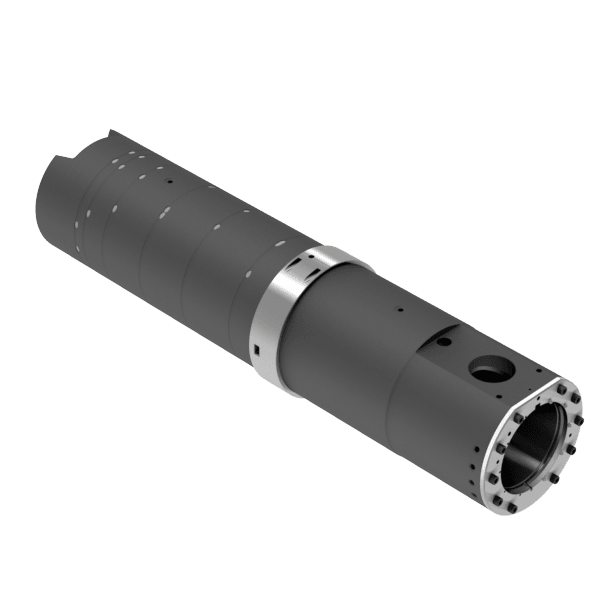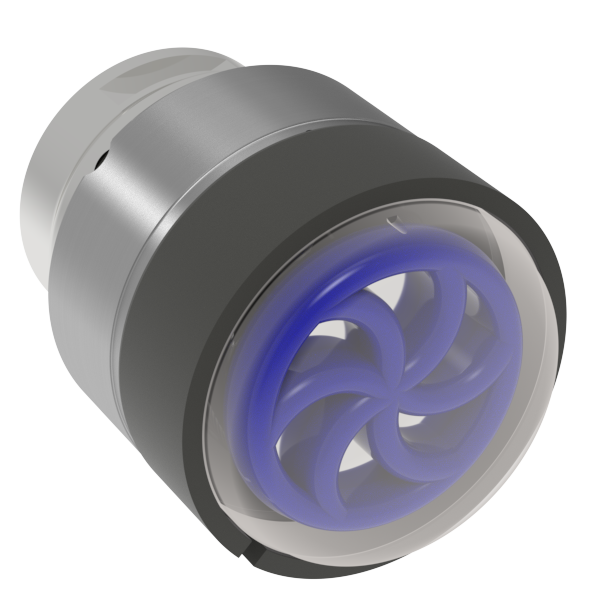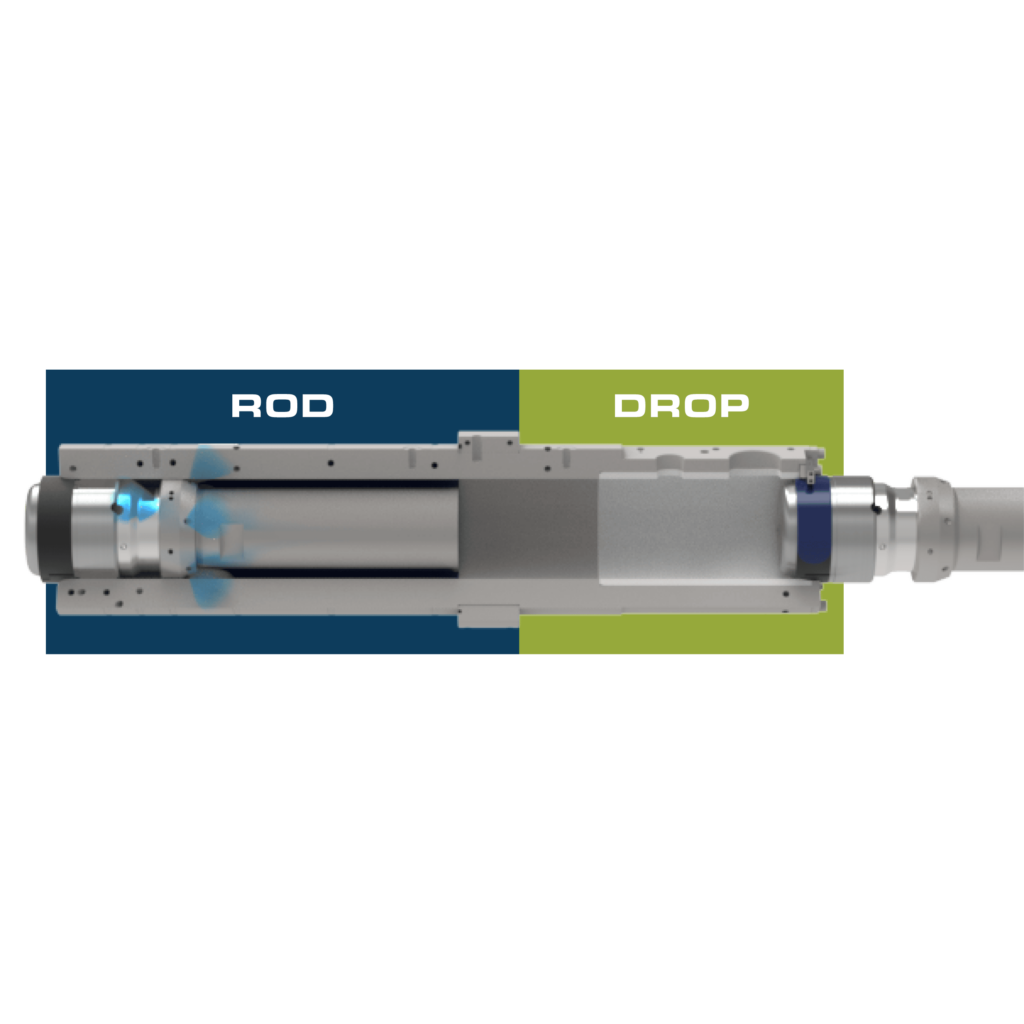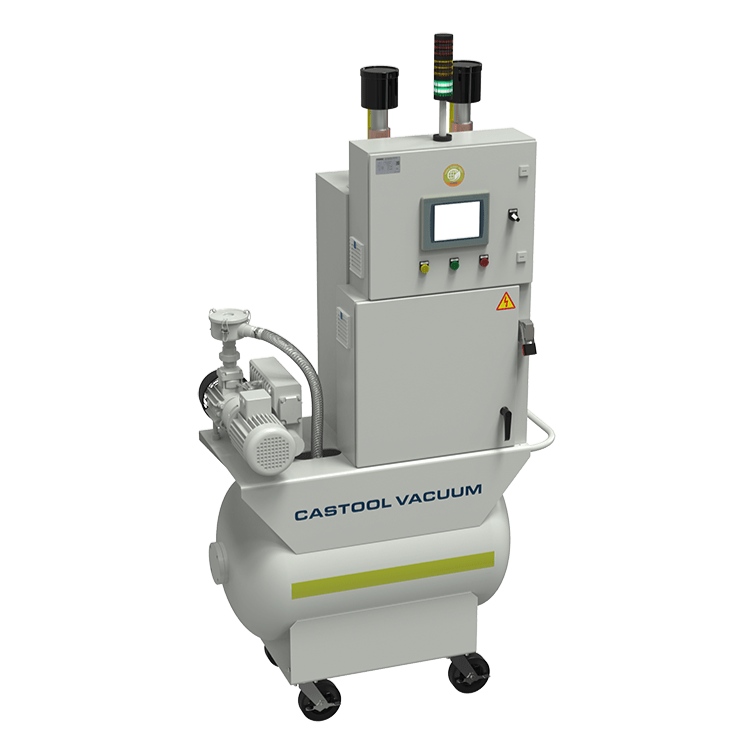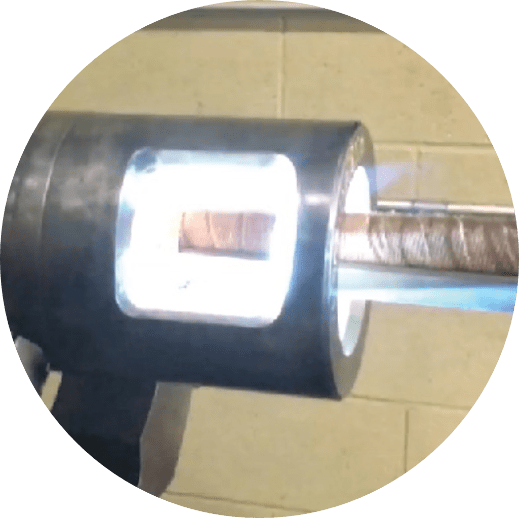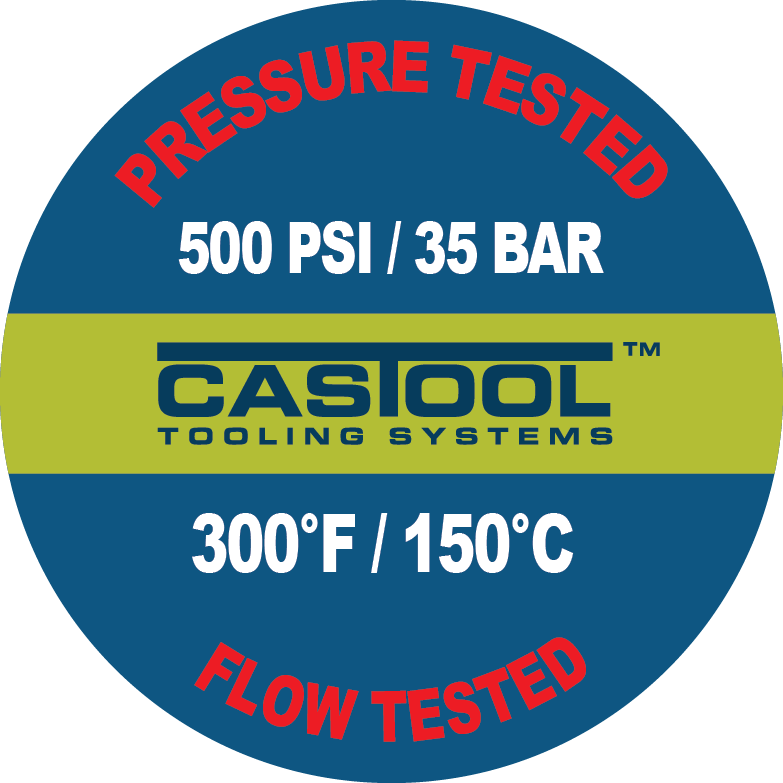Die Casting
Better Castings Faster
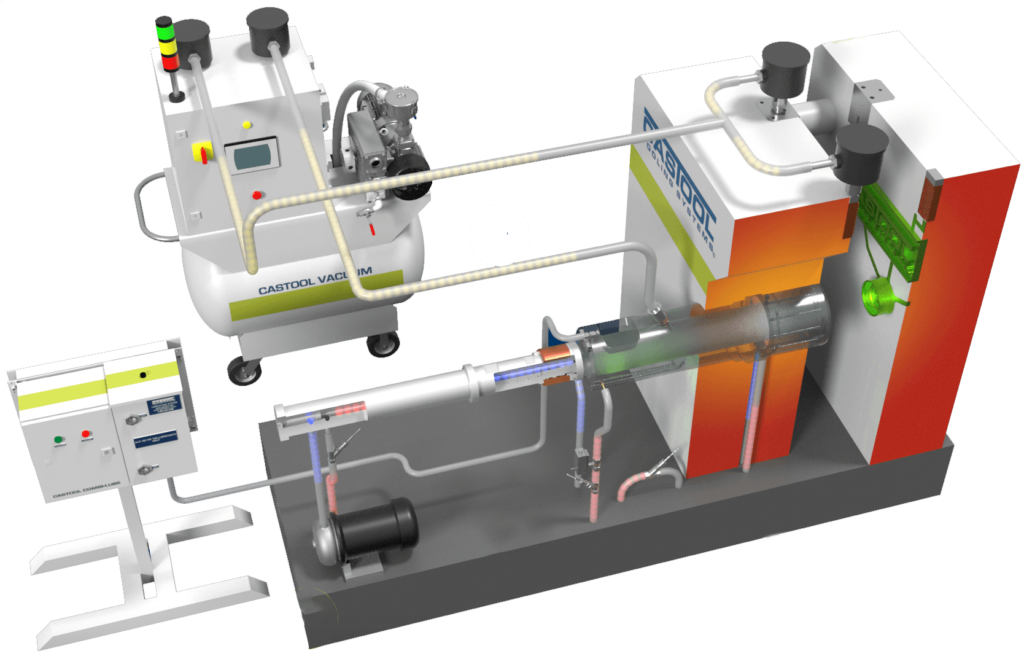
Safe, reliable, long-life, efficient, economical
Any die caster knows how to produce large, thin, convoluted aluminum castings for the automotive industry. It is already being done quite satisfactorily and profitably in large quantities. There are no secrets.
Knowing how to do it and actually doing it, however, are two very different things. When theory is finally replaced by reality, the most fundamental precept of die casting can be found in the old adage: a chain is only as strong as its weakest link.
Better Castings Faster
Many of Castool products and processes are Patended.
Castool has done excellent work over the years and as a result of the superior quality and performance of our tools, we patented some of our outstanding works.

